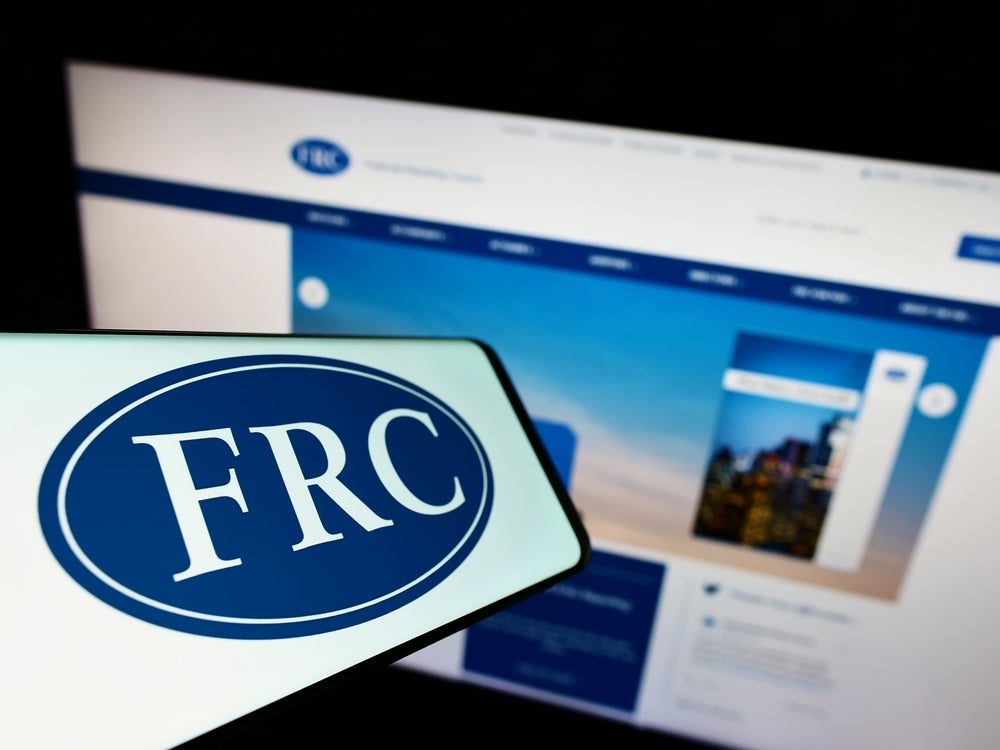The Institute of Chartered Accountants
in England and Wales (ICAEW) is preparing for a full-scale review
of its associate chartered accountant (ACA) qualification.
The review will seek to balance the needs of
the Big Four with the needs of smaller practices and accountants in
business.
It will also address the needs of the ICAEW’s
increasingly international student base.
ICAEW education chief Mark Protherough said
that when he joined the institute in 2005, the ACA was
predominantly practice-based, with a relatively small number of
students training in business and overseas.
The ICAEW now has more than 2,000 international
students and more than 500 students in business.
Those numbers are growing quickly. For example,
student numbers in Malaysia and Singapore are 20% higher now than
they were at this time last year. Student numbers in the Middle
East, where the ICAEW opened an office late last year, are 68%
higher now than they were a year ago.
How well do you really know your competitors?
Access the most comprehensive Company Profiles on the market, powered by GlobalData. Save hours of research. Gain competitive edge.

Thank you!
Your download email will arrive shortly
Not ready to buy yet? Download a free sample
We are confident about the unique quality of our Company Profiles. However, we want you to make the most beneficial decision for your business, so we offer a free sample that you can download by submitting the below form
By GlobalData
Big vs small
Protherough said one difference between
students from Big Four firms and students in smaller firms or
business is exposure to audit.
“This is a gross generalisation, but typically
in the Big Four you will get quite a lot of exposure to audit,
whereas in most small firms you wouldn’t touch audit anymore,”
Protherough said.
“So there is a question about what the role of
audit is in the ACA qualification. That is a big issue we are going
to have to talk about, because if 50% of our students don’t work in
audit, where does that leave the future of audit?
“I still see it as centrally important and it
does breed attributes such as professional scepticism, but there is
another school of thought that says ‘if your students aren’t
working in audit then why should they be examined and tested in
that?’.”
Protherough said there are no easy solutions to
many of these questions, so the debate is important.
“The other areas of debate will be over areas
such as sustainability and ethics – how important they are and how
much emphasis we give them,” he added.
Another major issue will be examining the
amount of technical content in the qualification. Protherough said
there has been a huge increase in technical content during the past
20 years.
“Everyone is very good at saying ‘we need to
have more of this and that’, but nobody seems to take much stuff
out. We need to think about what can reasonably be studied over a
typical three-year period while you are also working,” he
explained.
The ICAEW is also keen to discover how the
needs of students vary from country to country. The institute now
has international offices in China, Hong Kong, Singapore, Malaysia
and Dubai.
“I think there are probably nuances,”
Protherough said.
“Also, students prefer different ways of
studying in different countries. For example, in Malaysia many
students prefer to do most of their education full-time, and then
go and get the work experience towards the end of their studies, or
after their studies.
“That is one of the things that is different in
that market and you have to start thinking about whether if they
are studying full-time, does it create additional pressures in the
classroom, because our exams are very practically based and if they
don’t have practical experience, does that make it difficult for
them?”
The process
The ACA review will take about three
years.
It will begin this year with a consultation
where stakeholders will be asked questions, including:
- What do you think of the current ACA?
- What changes do you want to see?
- How is your business changing?
- What things do we need to do to be relevant
and helpful to you?
Once the feedback has been gathered, the ICAEW
will draft prototypes of what the new ACA could look like and then
road-test those outcomes.
When a consensus has been achieved, the ICAEW
will develop the underpinning IT systems and learning materials and
talk to the tutors about timetables.






